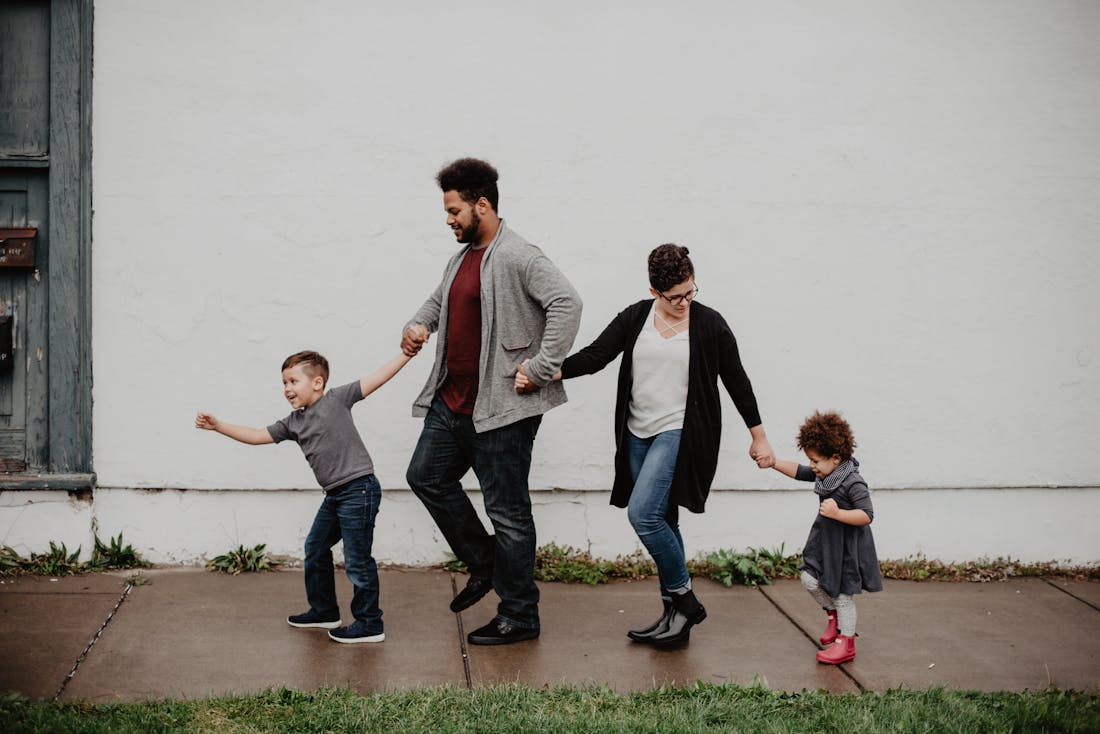Abstract: Family traditions and values play a significant role in shaping a child’s personality and self-identity. This article examines the impact of family traditions, customs, and values on the development of children’s identity and sense of belonging. By exploring these aspects, researchers gain insight into the mechanisms underlying the influence of family on children’s psychological development and self-concept.
Introduction: Family traditions and values are passed down from generation to generation, shaping the cultural identity and worldview of individuals within the family unit. These traditions encompass rituals, celebrations, customs, and beliefs that reflect the family’s heritage, history, and core values. Understanding the influence of family traditions and values on child development is essential for promoting cultural identity, self-esteem, and well-being.
Impact of Family Traditions on Child Identity: Family traditions provide children with a sense of continuity, belonging, and identity within the family unit and broader cultural context. Participation in family rituals and traditions fosters a sense of connection to family members, reinforces cultural heritage, and instills a sense of pride in one’s identity. Children who grow up immersed in rich family traditions are more likely to develop a strong sense of cultural identity and belonging.
Formation of Family Values and Beliefs: Family values and beliefs serve as guiding principles that shape children’s attitudes, behaviors, and decision-making processes. Through socialization within the family, children learn about moral and ethical values, cultural norms, and expectations for behavior. Family discussions, storytelling, and role modeling play a crucial role in transmitting values and beliefs from one generation to the next, influencing children’s moral development and sense of right and wrong.
Influence on Self-Identity and Self-Concept: Family traditions and values contribute to the formation of children’s self-identity and self-concept, shaping their perceptions of themselves and their place in the world. Children internalize family narratives, cultural practices, and moral teachings, which become integrated into their sense of self. Positive family relationships, supportive environments, and consistent reinforcement of values enhance children’s self-esteem, self-confidence, and resilience in the face of challenges.

